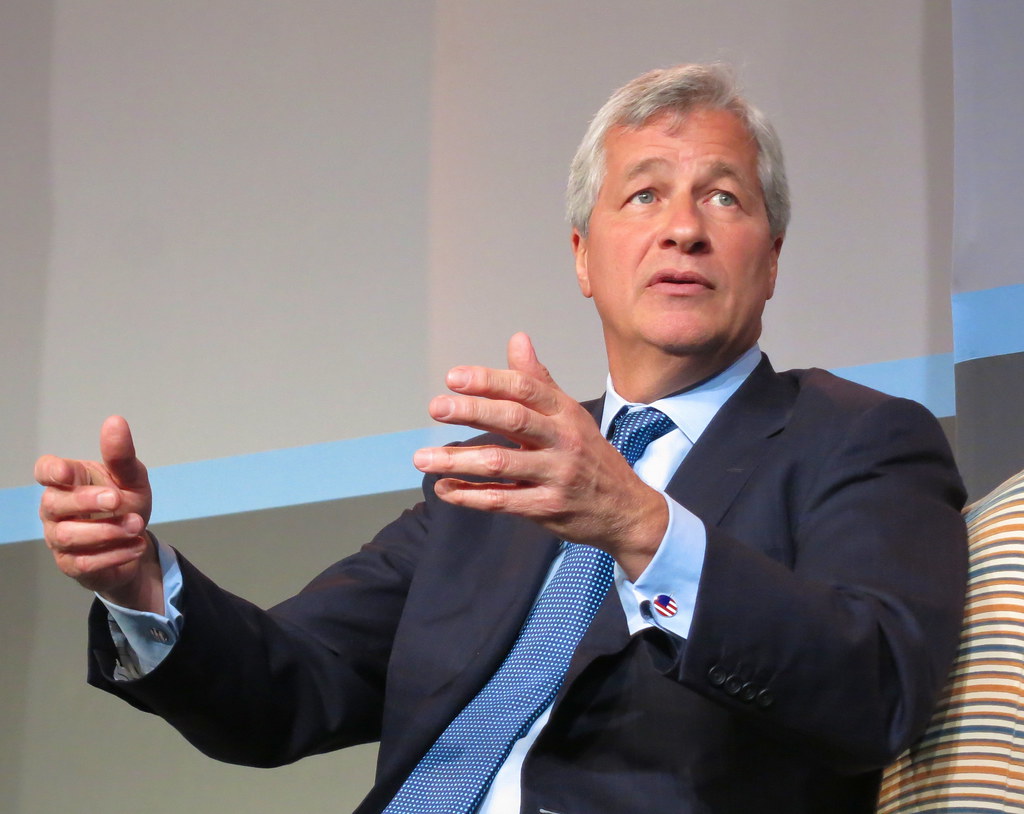In the modern business landscape, small and mid-sized companies often struggle to afford full-time executive financial leadership. This is where a fractional Chief Financial Officer (CFO) steps in. A fractional CFO is a highly experienced financial executive who provides strategic financial guidance to multiple companies on a part-time or contract basis. Their role is dynamic, requiring them to manage financial planning, oversee accounting practices, and provide insights that drive business growth. A typical day in the life of a fractional CFO is a delicate balance of strategic decision-making, client meetings, financial analysis, and operational oversight.
Morning: Planning and Prioritization
A fractional CFO begins the day by reviewing their schedule and setting priorities. Since they serve multiple clients, they must efficiently manage their time to address pressing financial concerns. The morning often starts with checking emails and responding to urgent queries from clients. This might include addressing cash flow concerns, approving budgets, or providing insights on investment opportunities.
After addressing immediate concerns, the fractional CFO dives into financial reports. They analyze key performance indicators (KPIs), balance sheets, and profit and loss statements for different clients. This data helps them assess the financial health of each business and prepare for strategic meetings later in the day.
Midday: Client Meetings and Financial Strategy
By late morning or early afternoon, the fractional CFO engages in virtual or in-person meetings with clients. These meetings may involve discussions with CEOs, board members, or department heads. A significant part of their role is to provide strategic guidance on financial planning, risk management, and cost optimization.
For instance, one meeting may focus on helping a tech startup secure venture capital funding, while another could involve guiding a manufacturing company through a financial restructuring process. The fractional CFO must tailor their approach to each client’s specific needs, offering solutions that align with their industry and business model.
Afternoon: Implementation and Problem-Solving
After meetings, the fractional CFO shifts their focus to implementing financial strategies. This may involve working with in-house accounting teams to refine budgeting processes, developing forecasting models, or negotiating with investors and lenders on behalf of clients. In some cases, they may also oversee compliance with regulatory requirements and financial reporting standards.
A crucial part of the role is troubleshooting financial issues. Whether it is identifying inefficiencies in cash flow management or advising on tax-saving strategies, the fractional CFO acts as a problem solver, ensuring that businesses operate efficiently and remain financially stable.
Evening: Review and Strategic Planning
As the day winds down, the fractional CFO revisits their schedule and reviews the progress made. They document key findings from client meetings, prepare financial reports, and set action plans for the coming days. They might also spend some time researching market trends, regulatory changes, or new financial tools that could benefit their clients.
Before signing off for the day, they ensure that all critical financial matters are addressed and that their clients have the necessary support to move forward. Given the nature of their work, they must be adaptable and ready to tackle unexpected financial challenges at any moment.
A day in the life of a fractional CFO is fast-paced and multifaceted. They must balance multiple responsibilities, including financial strategy, client advisory, and operational problem-solving. Their expertise is invaluable to businesses that require high-level financial guidance but may not have the resources for a full-time CFO. By offering flexible and strategic financial leadership, fractional CFOs play a crucial role in helping businesses navigate financial complexities and achieve sustainable growth.









